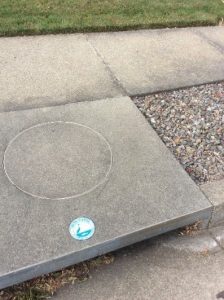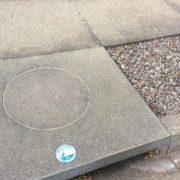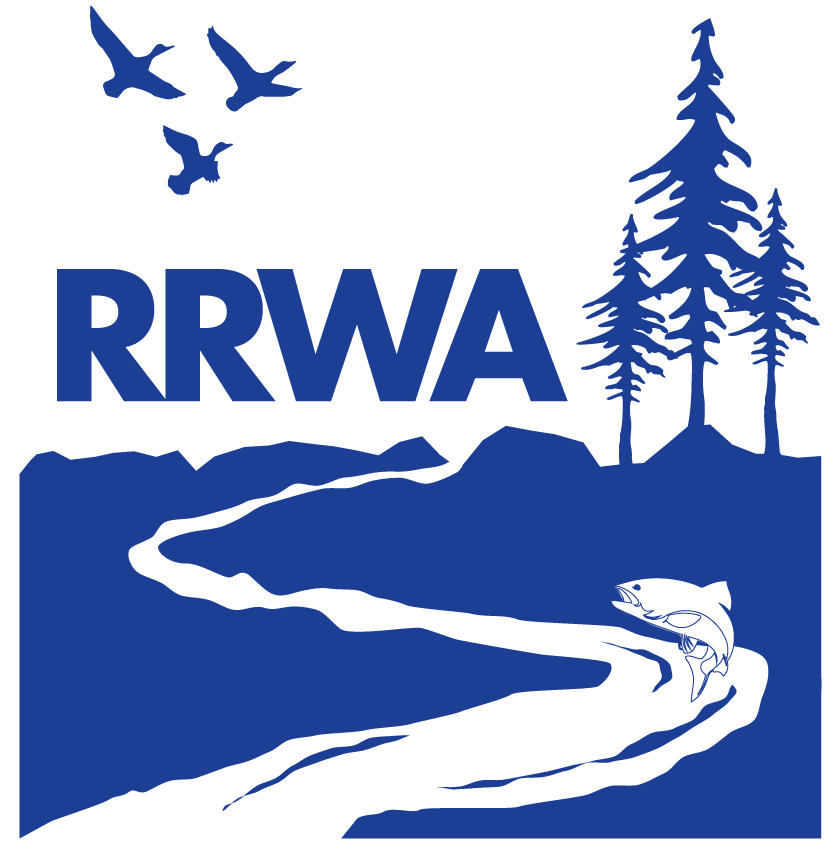Help Keep the Leaves and Grass Out of Storm Drains
Fall is just around the corner, and many of us will be spending our crisp Saturday afternoons trying to catch up with the week’s falling leaves and debris from our trees and landscaping that are shedding, preparing for the winter months ahead.
 For the folks in urban areas with storm drains on their neighborhood streets, extra precautions should be taken in maintaining these drains. All of the water that hits these storm drains goes untreated and is sent directly into our creeks, rivers, bays, where eventually it reaches the ocean. Storm water is not sent to the local wastewater treatment facility. It is our responsibility to make sure that nothing but rain water flows from our yards into storm drains.
For the folks in urban areas with storm drains on their neighborhood streets, extra precautions should be taken in maintaining these drains. All of the water that hits these storm drains goes untreated and is sent directly into our creeks, rivers, bays, where eventually it reaches the ocean. Storm water is not sent to the local wastewater treatment facility. It is our responsibility to make sure that nothing but rain water flows from our yards into storm drains.
The rainy season will start soon, and clogged storm drains can lead to localized flooding. You can help by placing yard waste in appropriate bins that come with your local trash services. Never rake or blow leaves into the street. Blow the grass trimmings and leaves back into your yard and advise your neighbor of the same. Allowing yard waste into the street or down the storm drain can cause blockages or serious damage to the storm drain infrastructure.
Don’t miss out on helping with drainage from your property when it rains- rake up that pile of leaves in your front yard. If you choose to mow instead, set the mower to mulch or collect the grass clippings in a bagging attachment. You can also collect this yard waste and add to your garden compost, just ensure your compost bins are contained to keep the nutrient rich water from leaching into the storm system as well. For those of us who utilize a landscape maintenance company, remember that we are ultimately responsible to make certain the landscaper does not blow any leaves or yard trimmings into streets or storm drains.
Some make the argument that leaves fall naturally from the trees into the streams, but we should not be adding to this effect. Excessive decay of this large amount of organic matter can add carbon and nitrogen to our area waterbodies through its decomposition. This can create algae blooms and harm the wildlife that are living in the water.
Here are some additional do’s and don’ts that we should keep in mind in addition to our yard waste:
- Do not dump items such as household paints and cleaners, garden pesticides and fertilizers, or used motor oils into storm drains. Not only is this illegal, it will pollute the watershed causing harm to wildlife.
- Pick up after the dog so the rains do not wash bacteria from the waste into the storm drain.
- Maintain your irrigation system. Adjust the sprinkler heads to ensure you are only watering your lawn and fix any leaks that may pop up.
- Take charge for your neighborhood’s storm drain and make sure it is not clogged with branches, leaves and other debris.
Check with your local municipality and see if there is a special fall collection event for pickup of yard debris. If this service is available to you, place the yard waste curbside in bags and bundle and tie the large branches for easy pick up. If you see a clogged storm drain in your neighborhood or anything but rain going down the drain, please report it immediately. For reporting numbers in your area, head over to www.rrwatershed.org/spill-reporting.
Remember – “Only Rain Down the Drain.”




